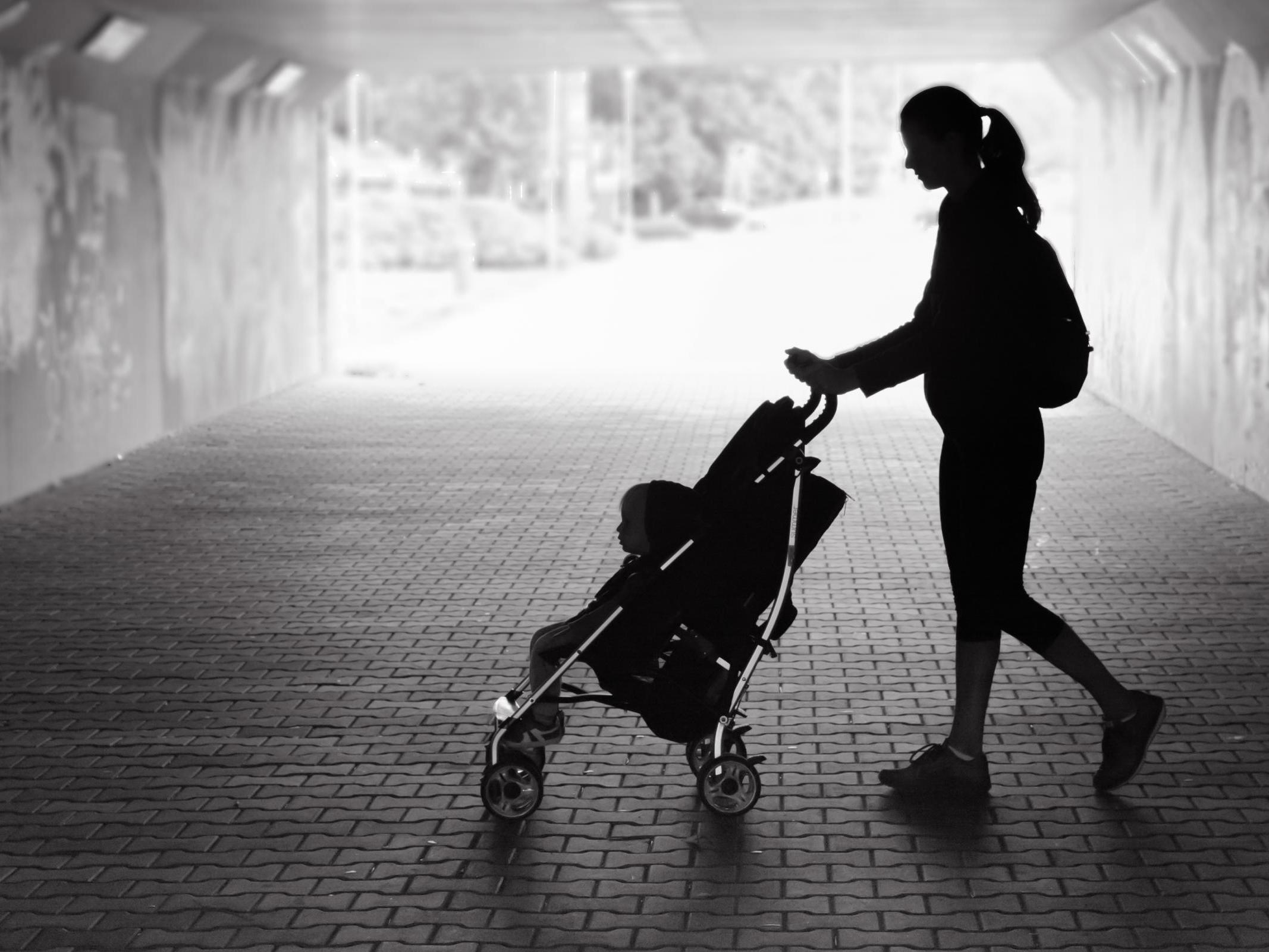‘Debt nightmare’: Majority of families on universal credit forced to borrow money during lockdown, study shows
Charities calling for ‘temporary lifeline’ of £20 a week increase to benefits

Your support helps us to tell the story
From reproductive rights to climate change to Big Tech, The Independent is on the ground when the story is developing. Whether it's investigating the financials of Elon Musk's pro-Trump PAC or producing our latest documentary, 'The A Word', which shines a light on the American women fighting for reproductive rights, we know how important it is to parse out the facts from the messaging.
At such a critical moment in US history, we need reporters on the ground. Your donation allows us to keep sending journalists to speak to both sides of the story.
The Independent is trusted by Americans across the entire political spectrum. And unlike many other quality news outlets, we choose not to lock Americans out of our reporting and analysis with paywalls. We believe quality journalism should be available to everyone, paid for by those who can afford it.
Your support makes all the difference.Almost two thirds of families on universal credit or child tax credits have been forced into a “debt nightmare” as a result of the coronavirus pandemic with many forced to borrow money in the form of payday loans or relying on credit cards to try and make ends meet.
A survey, by the Joseph Rowntree Foundation (JRF) and Save the Children, indicated 70 per cent of all families have cut back on food and other essentials due to the crisis, while half have fallen behind on rent or other household bills, raising concerns of further hardship ahead if unemployment continues to rise.
The survey found 86 per cent of those with children on universal credit or child tax credits have faced extra household costs owing to the pandemic, and 60 per cent said they had now been forced to borrow money.
Parents with children living at home who were caught in poverty pre-crisis are around 50 per cent more likely to have lost their jobs than parents who were better off, and the long-term effects on childhood and family life could be significant, the organisations said in a statement.
The extra strain is having a negative impact on parents’ mental health: two-thirds of those surveyed reported their concerns about money had affected their mental health with around a quarter said it had resulted in a severe impact.
Save the Children and JRF are now calling for an urgent, temporary lifeline for families in the form of a £20 a week increase to the child element of universal credit and child tax credit.
The organisations said this would minimise the long-term impact of the crisis on children.
“This is equivalent to £2.85 per child, per day: enough to cover a child’s breakfast and lunch or to buy books and toys so children can play and learn,” they said.
Modelling by JRF shows adopting such measures could help up to 4 million families stay afloat and provide direct support for 8 million children in the UK.
Helen Barnard, acting director of the Joseph Rowntree Foundation said: “The coronavirus crisis has shown us that as a compassionate society we want to support each other and protect each other from harm. As well as individuals performing extraordinary acts of public service, we have also seen the government intervening to protect jobs and to boost social security as a lifeline for millions of families.
“It’s vital that we build on this to ensure that the pressures on families with children in particular are recognised and acted on. Families are dealing with high costs with children at home and many simply haven’t got the income they need to weather the storm. This is taking a major toll on parents’ mental and physical health and damaging family life during an intense period for everyone.
“Providing an urgent uplift of £20 per week to families with children claiming universal credit or child tax credits can keep many from being pulled into poverty, especially where parents have lost work as a result of the pandemic.
Dan Paskins, director of UK impact at Save the Children, said: “Life at the moment is especially hard for families forced to make impossible choices about whether to put food on the table or money in the electricity meter. A £20 a week increase will give families with children the lifeline they need to pull them through these difficult times.
“Every child should have the toys and books they need to learn and play. They shouldn’t have to worry because their parents are struggling with low pay, insufficient benefits, fear of losing their job, debt and rising costs.”
The Department for Work and Pensions has received more than 2.3 million new applications from families for universal credit since the beginning of the crisis. Before the crisis, 2.6 million families were on universal credit, of which almost 1.2 million were families with children.
Join our commenting forum
Join thought-provoking conversations, follow other Independent readers and see their replies
Comments